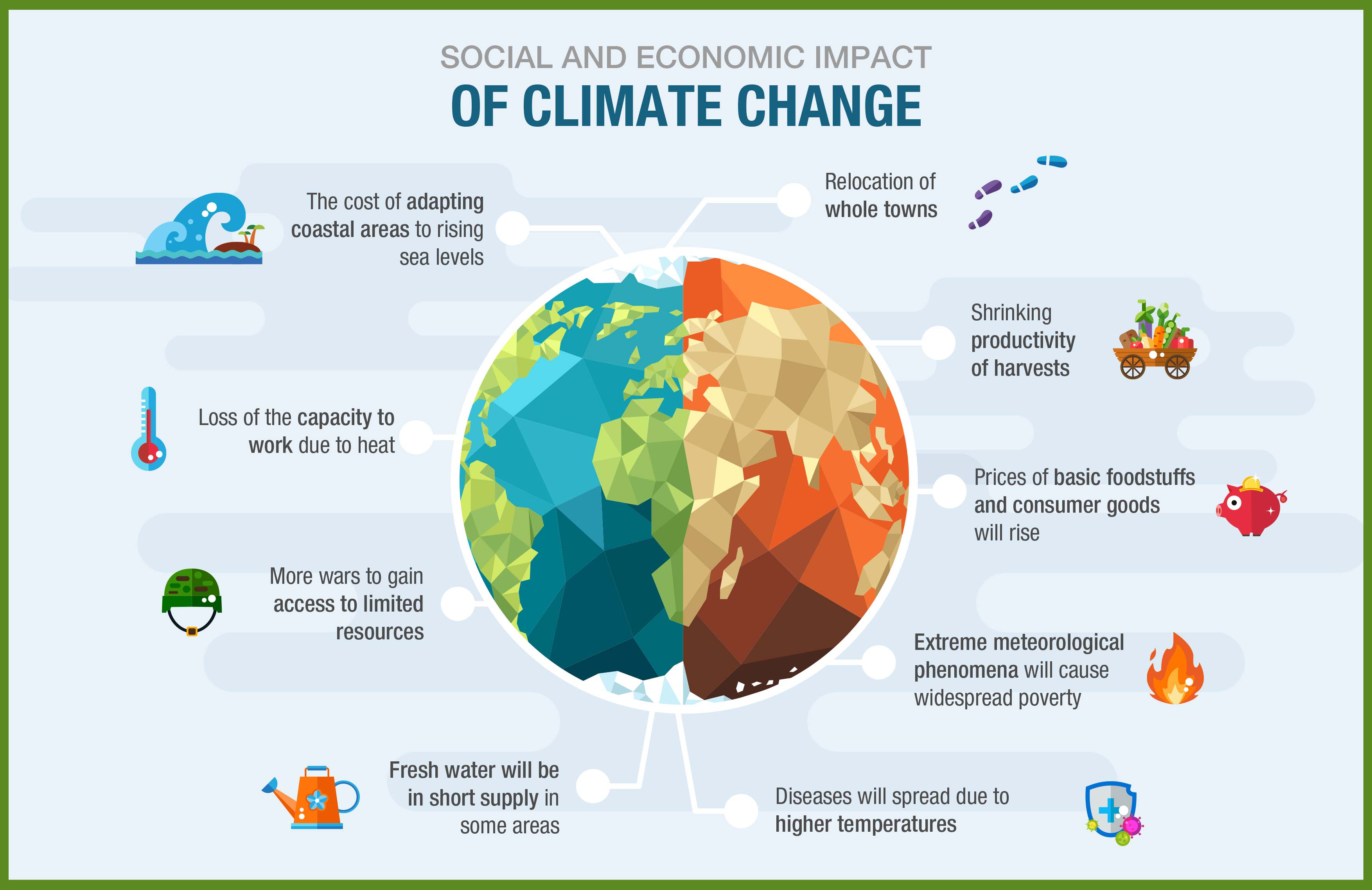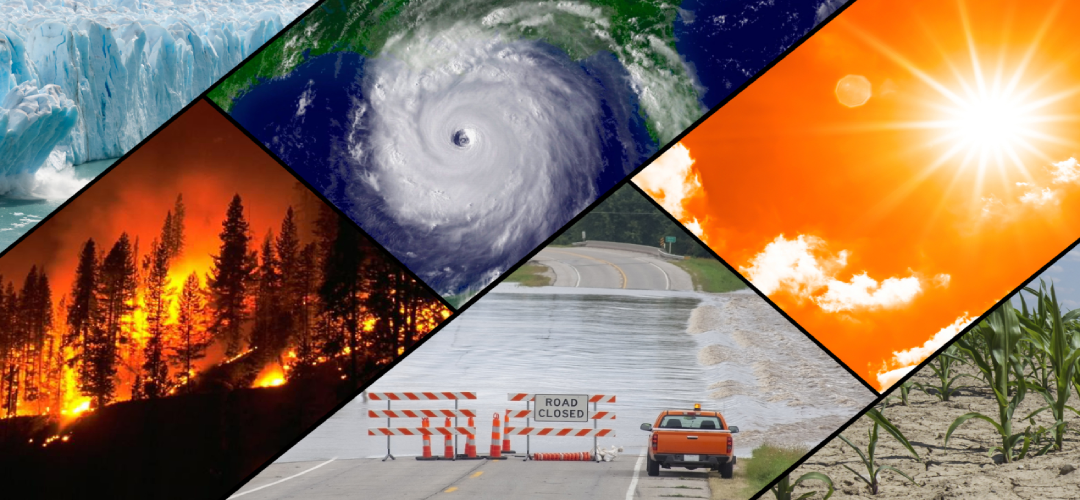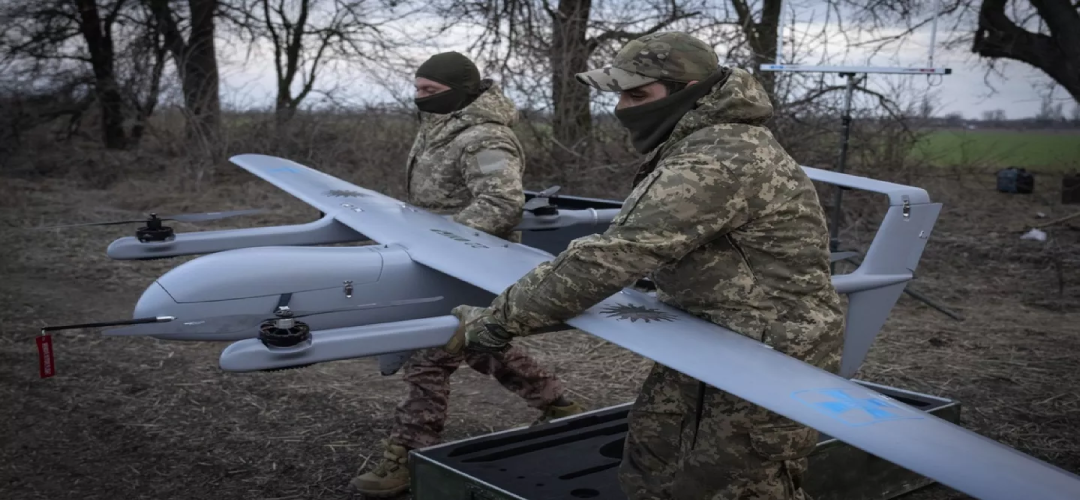The time to act is now before we lock in irreversible climate damage
Catastrophic climate changes are witnessed in Canada, Afghanistan, Brazil and other parts of the world, mirroring global trends of increasing climate disasters.
The first major wildfire of the season in Western Canada has ravaged 1,992 hectares, forcing thousands to seek evacuation. Fears of the coming scorching summer triggering more blazes have created large-scale panic amidst the widespread drought. The situation in Canada deja-vued the 2016 wildfire in Fort McMurray, with over 80,000 people being evacuated. Closer home, rising temperatures even in the hills and lack of winter snow and rain have made huge forest years an annual event in Uttarakhand. Forest fires in Uttarakhand engulfed an area of 1438 hectares, with 1065 incidents between November 1 last year and May 13, 2024. Five people have died so far, and the Indian Army and Air Force have been called to help firefighters.
Navigating towards Afghanistan, the recent flash floods have destroyed local communities, washing away many people and leaving behind several dead, decapitated homes and barren land. Around 300 people have been killed and over 1,600 injured. Meanwhile, Brazil grapples with severe flooding, threatening regional diversity and communities.
Background
The past 250 years have seen humanity’s population increase manifold, depleting crucial carbon sinks and simultaneously burning fossil fuels for cheap energy. All while corporate influence dancing with political power has driven the planet to the brink of its existence.
A Special Report in 2018 from the Intergovernmental Panel on Climate Change (IPCC) produced a stark warning: “We have a shrinking window of just ten years or less to prevent exceeding the carbon budget for a 1.5°C rise in global temperatures. If we continue on our current path without drastic mitigation, by 2100, we could see temperatures soar by 4–6.1°C above pre-industrial levels. The time to act is now before we lock in irreversible climate damage”.
Afghanistan under the Taliban has its set of challenges cut out for it, but currently, one of the world’s poorest nations adds climate change and natural disasters to its bucket of challenges. The country’s delicate ecosystem and an uncommonly strained winter have left the soil parched, hence lacking the preparation to absorb rainfall, causing disastrous flooding. Without the right timely and required support, the country risks being a catalyst for climate disasters.
Meanwhile, Brazil’s Rio Grande do Sul state is recomposing itself from the aftermath of its worst natural disaster on record.
Finally, in Canada, the stage has been set featuring unprecedented warm weather and a persistent drought, giving rise to the first significant wildfire of 2024. Experts comment that wildfires pose very challenging situations for countries. With frequent wildfires, their intensity seems to have amplified, giving birth to ‘zombie fires’, which smouldered through during previous summers and have been predicted to do the same, if not worse, this 2024.
The rise of extreme weather events like wildfires, uncontrolled flooding, extreme heat waves, and hurricanes is wreaking havoc on land and communities globally. The melting of polar ice caps and glaciers has never been faster, causing sea levels to rise rapidly, directly threatening coastal land and island nations. The loss of biodiversity is alarming, caused by agro-consumeristic attitudes and a weak or lack of regulation. Chances for meaningful intervention are becoming slimmer by the day.

Analysis
Like an unruly house plant that goes wild and spreads uncontrollably, climate change has steadily taken over the whole room. Despite several national disasters, we have collectively ignored the red flag and carried on with pseudo-fixes that rarely work. Scientific warnings, international agreements, children’s protests, legislation in parliaments, discussions and debates on News channels, regional and local boycotts, and greenhouse gases still rise, nudging the planet to an irreversible calamity.
Several billions of dollars have been invested in global initiatives to mitigate climate change’s effects and help communities adapt to its impacts, almost covering up their tracks. However, with such large sums involved, corruption is looming in the neighbourhood.
Significant challenges arise due to unforgiving climate change—increased global displacement, economic stress and inequality, and complex geopolitical tensions. Techno-development has catalysed the effects of climate change. Critical modifications of Earth systems, natural resource storage, and involuntary migration will cause severe forms of insecurity. Food insecurity is predicted to be evidenced in several regions, coupled with water shortages, which will inevitably increase crime. Scientific papers indicate a link between rice in criminal activity and climate change.
The financial burden brought by climate change can be crippling for developed countries, let alone underdeveloped nations like Afghanistan. Meeting international goals can only be a distant dream. Infested with corruption, small nations could consider tightening their corruption policies. Mechanisms, stringent oversight and transparent procedures are crucial to safeguard regional climate stability. Mitigating the growing economic disparity must be included in the government’s green policies, as climate change and poverty have very close ties.
Climate change is reshaping the geopolitical landscape, with nations wrestling for control of natural resources and increasing their per-capital trade. The melting ice cap is opening new sea routes, enhancing the race for global competition in trade and power.
Humankind will have to harness technology extensively to mitigate climate effects. A Chinese research team led by Ouyang Chaojun proposes an AI-based streamflow and flood forecasting model to address global streamflow and flood prediction issues for gauged and ungauged catchments. Researchers have developed a data-driven model for hydrological discharge predictions using historical data from 2,089 catchments across the US, Canada, Central Europe, and the UK.
Assessment
- The wildfires in Canada, floods in Brazil and Afghanistan, floods and heatwaves across Africa, drought in the Amazon, and extreme heat in Asia, including India, are just the beginning of a more catastrophic devastation. As the World Meteorological Organization (WMO) warns, “We are running out of time to avoid the most catastrophic impacts of climate change”.
- Aggressive mitigation efforts that could have prevented our current climate emergency have been severely hampered by climate denial. The chance that humanity locks into catastrophic global climate change has increased as a result. We should hold accountable the state officials and corporate entities whose deceit has endangered future generations of us.
- The humanitarian crisis created by unparalleled natural disasters will not differentiate between borders and the geopolitics of nations as masses are wiped off the face of the planet. Collaboration between nation-states is paramount, especially in investigating funds and supporting the Paris Agreement’s goals of restricting global warming to 1.5 degrees Celsius.




